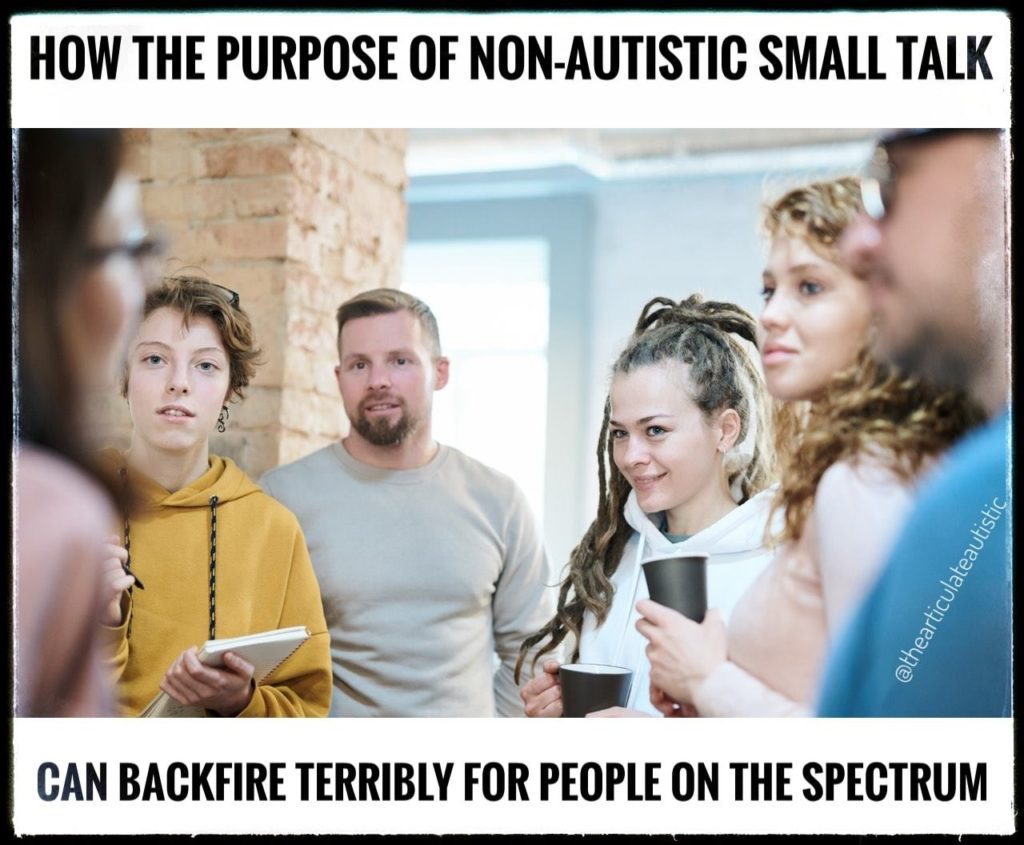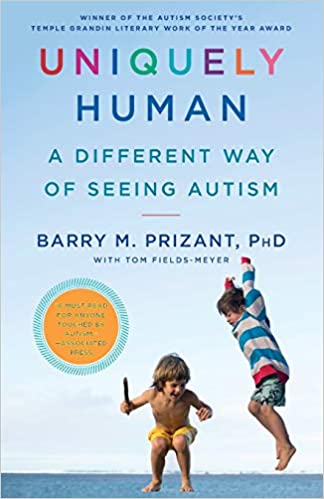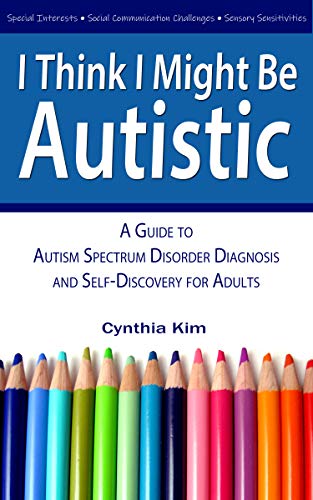How the Purpose of Non-Autistic Small Talk Can Backfire Terribly for People on the Spectrum

In a previous post, I wrote about the purpose of small talk amongst non-autistic folks: To ease into conversations about more personal matters and/or get to know a new person by reading their facial expressions and body language before deciding whether or not continue an interaction or form a friendship.
After I explained that, many autistic people put forth a point I hadn’t yet considered: If non-autistic people are using small talk to gauge whether or not they’d like to continue to get to know a person, and they are expecting to read typical facial expressions and body language, they will likely be confused and put off and exit the conversation.
Why? Because autistic and non-autistic facial expressions and body language are totally different from that of non-autistics!
If you have a neurotypical person talking to an autistic person, but neither is aware of the other’s neurotype, you’ll have a miscommunication in less than 10 seconds, confusion at 30 seconds, and full discomfort a minute or two in.
Both people could be kind, warm, caring, and interesting, but they will put one another off because each is speaking a different neurological language without being aware of it!
This is another reason why small talk is so tricky for autistics. It can actually unintentionally EXPOSE us to abuse or rejection.
(Article continues below.)
The best way to improve communication with your autistic loved one is to understand how your autistic loved one’s mind works! Intentions, motivations, and personal expressions (facial expressions or lack thereof, body language, etc.), are often quite different in autistic people than they are in neurotypical people.
Experience a better understanding of your autistic loved one by reading books about life from an autistic perspective as well as stories that feature autistic characters. You’ll have so many “Ah ha!” moments and start seeing your autistic loved one in a different light (and you’ll have a better understanding of their behaviors, which you may have been misinterpreting up until now).
Books I recommend for a better understanding of your autistic loved one:
Here’s an example of a conversation that could go quite badly due to misunderstandings in communication between neurotypes:
…
John, 32, autistic, and Steve, 35, neurotypical, are at a work outing their bosses forced them to be at. They work for the same company but in different departments. This is the first time they’ve really met each other.
Steve (puts out a hand to shake and looks at John’s face): “Hey, there. Steve from Finance. I don’t believe we’ve ever really met. John, right? You’re in Accounting?”
John (jumps back slightly due to being momentarily startled, he puts out a hand, and they shake hands): “Hi. How are you?”
(John looks up at Steve, focusing on the bridge of his nose, reminding himself to smile and keep a firm grip while shaking hands, he also tries to quickly process the question Steve just asked him.)
(Steve looks at John and frowns slightly in confusion at John’s monotone voice and greeting, which is acceptable but not quite fitting with the question Steve asked, lack of eye contact, and too-firm grip on his hand.)
“Good, man,” Steve says, gently but firmly removing his hand from John’s grip. “How are you?”
“Good. The weather is nice.” John’s eyes flit away to scan the crowd, the grass outside, the other vendor tables.
(Steve follows John’s gaze, trying to understand the subtext behind John’s constantly-moving gaze. Is John worried the boss will see them socializing? Is there someone here John wants to avoid?)
“Yeah. The weather is nice,” Steve says. “Thank God for small favors, huh?”
“Yeah.” John’s gaze has seemed to halt in one spot. Once again, Steve looks for context and meaning. Why are John’s eyes shifting around so much? Then he sees her, Rachel from IT wearing a form-fitting red top. Steve smiles to himself.)

“Quite a view here, huh?” Steve leans in a bit and playfully taps John on the arm.
John startles again, looking at his arm and back to Steve. He wonders why Steve is grinning all of a sudden.
“Yeah. I’ve always liked mountains.” John gazes at the beautiful vista in the distance.
Steve suddenly barks out a laugh. “Just don’t let Rachel hear you call them that!”
John stares at Steve. “Rachel?”
Steve wants for John to smile or laugh or give a conspiratorial wink and indicate that he, too, was admiring the “mountains” on Rachel’s chest, but John’s face remains unreadable.
Steve feels judged, rejected, and a little foolish because John didn’t join in on the joke that Steve mistakenly believes he made. Now, it’s just awkward.
“Well, see you at work, I guess,” Steve says, stepping back.
“OK. Goodbye, Steve.” John turns on his heel and walks back toward his vendor booth without a glance back.
Steve, who now feels REALLY hurt, foolish, and rejected now, walks over to Rachel and starts chatting her up.
Later on in the day, Steve “let’s slip” that he thinks he caught John from Accounting staring at her chest.
…
This seemingly-benign 3-minute conversation could actually ruin John’s career if a rumor gets started that John is some sort of creeper who stares at woman’s bodies and makes inappropriate comments about them in a work setting.
John was talking about literal mountains, not Rachel’s breasts, but since Steve didn’t understand his conversation partner’s intentions (nor did John understand Steve’s), and the conversation was already a bit uncomfortable, a whole misunderstanding could develop, ostracizing John and maybe even getting him fired in the long run.
This type of scenario can happen in any mixed-neurotype encounter and for a thousand or more reasons.
Autistic people are literal and direct and uncomfortable with eye contact and neurotypical social behavior, which may cause us to become anxious and confused, which could cause a neurotypical person to misinterpret our actions and believe we are dangerous, a threat, or have something to hide.
Non-autistic people, this means that since your brains are wired to look for subtext and our brains are not, making a decision about us based on small talk or a brief encounter will usually result in a mistaken impression.
Follow me on Instagram.
Want downloadable, PDF-format copies of these blog posts to print and use with your loved ones or small class? Click here to become a Patreon supporter!







